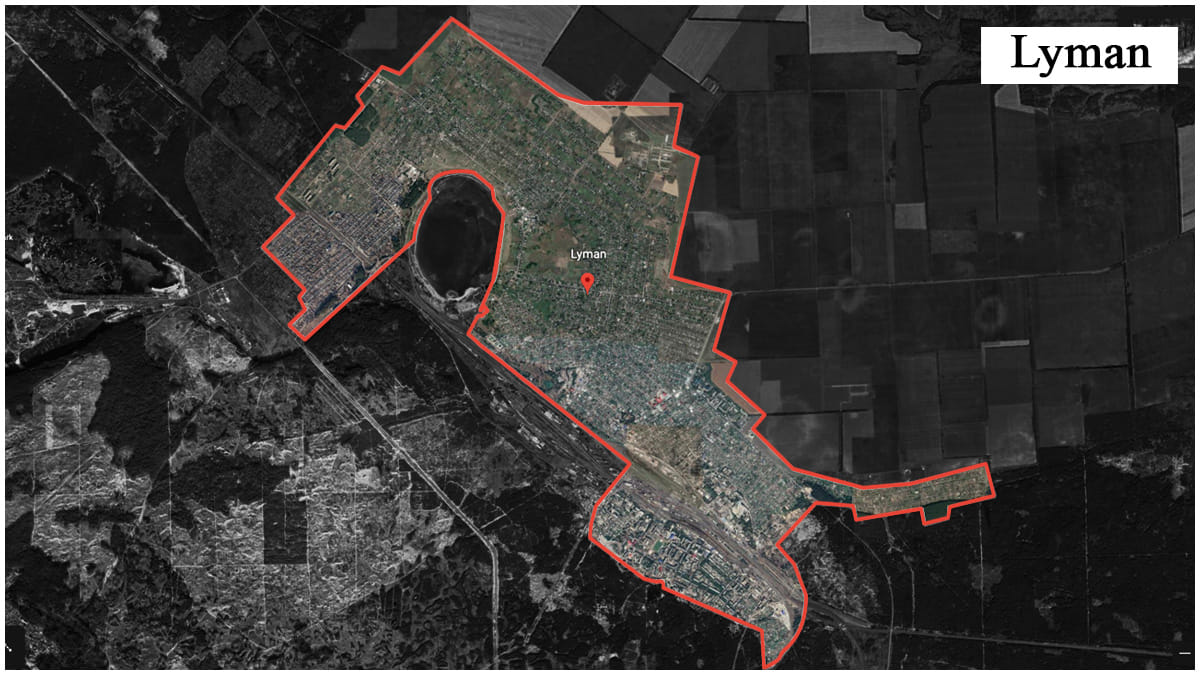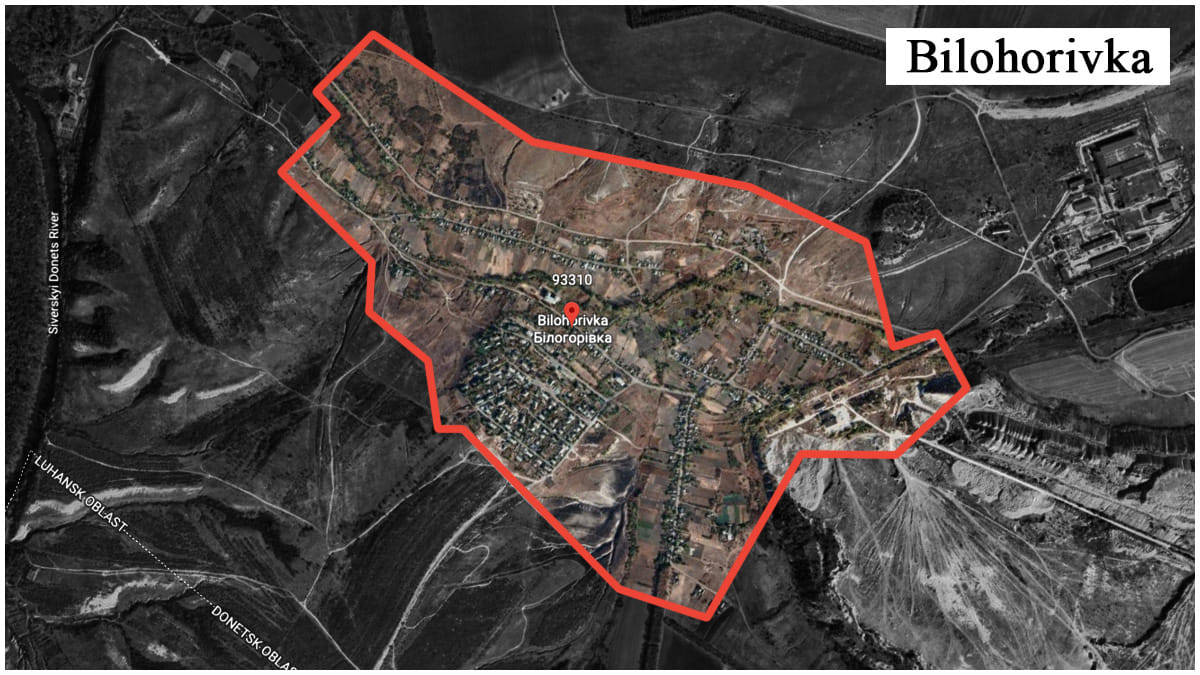New Delhi: Amid dissenting voices within Russia on the war with Ukraine, the past week saw significant losses for the Russian military, according to several media outfits and think-tanks.
On 14 May, the Institute for the Study of War (ISW), a Washington DC-based think-tank, analysed satellite imagery and cited a Telegram post from Ukrainian NGO Inform Napalm to claim that Russia lost 485 out of 550 soldiers that were sent to cross the Siverskyi Donets river.
The incident took place on 11 May along the river, which is one of the many water barriers in the way of Russian forces advancing further west into Ukrainian territory.
According to the ISW report, the Ukrainian army has claimed that Russia was “trying to hold positions on the right bank” of the river in order to gain control over Rubizhne and Lyman. Both cities lie to the west of the Siverskyi Donets.

The Telegram post, meanwhile, noted that Russian troops were “dispersed” by Ukrainian army’s “artillery attacks”.
“[The Russians] brought another pontoon and expectedly received arrivals at the crossing. After they destroyed the evacuation crossing, the rashists abandoned their equipment and swam across the river. For 4 days of unsuccessful attempts to cross, the Russians lost more than 70 pieces of equipment and two infantry battalions with engineers,” the Telegram post said.

The ISW report noted that either the Russian forces failed to gauge the “threat from Ukraine’s improving artillery capabilities” or there was a “stunning lack of tactical sense”.
Satellite and drone images shared by Ukraine’s defence ministry also show wreckage at the scene — several destroyed Russian vehicles are seen concentrated on either end of the destroyed pontoon bridge.
Analysis of these images on Twitter by some independent commentators revealed around 80 damaged or abandoned Russian equipment. The New York Times called the incident “one of the deadliest known engagements of the war”.
Also read: Russia ‘retreats’ from Kharkiv but captures town north of Popasna
Shift in military analyses
The failed river crossing also marked a distinct shift in the discourse of pro-Russian military bloggers and defence writers on the war. These bloggers are largely independent of, but generally aligned with, the Russian government in their military analyses.
For instance, one such blogger, who claimed to have been part of a previous river crossing near Izyum, wrote a Telegram post alleging the failed crossing as “sabotage”.
“Didn’t the commander of the crossing at Belogorovka [Bilohorivka in Donetsk Oblast] have information that in the third month of the war, it was impossible to travel in large columns, and even more so to accumulate them in a narrow area in front of a water barrier? How much of an idiot do you have to be to not understand this? Although this may not be idiocy, but direct sabotage. Honestly, wrecking and sabotage [in] this situation is much easier to explain,” the blogger said.
From a pro-Russia perspective, the implications of the failed crossing are significant and far-reaching, especially in terms of the language being used by bloggers and defence writers that are scattered across individual social media posts under aliases.
The ISW, in particular, has claimed that this form of criticism “may fuel burgeoning doubts in Russia about Russia’s prospects in this war and the competence of Russia’s military leaders”.
Such scrutiny has also been reaching platforms like the Russian national television news. Earlier this week, retired Russian army colonel and defence writer for Moscow-based news website GazetaI, Mikhail Khodoryonok, hit out at Russia’s military tactics and spoke at length about disinformation on Ukraine’s professionalism and morale, on the channel Rossiya-1.
“Considering that European aid will come into full effect, a million armed Ukrainian soldiers needs to be viewed as a reality of the very near future…the main thing in our military business is always to maintain a sense of military-political realism. If you go beyond it, then sooner or later the reality of history will hit you so hard that you’ll regret it…Don’t engage in sabre-rattling with missiles in Finland’s direction. It actually looks quite amusing,” Khodoryonok explained, amid cross examination by host Olga Skabeyeva.
In an extremely rare moment of candour on Russian state TV today, defence columnist Mikhail Khodaryonok gave a damning assessment of Russia's war in Ukraine and his country's international isolation. It's fairly long but worth your time so I've added subtitles. pic.twitter.com/0mr7WAgSx6
— Francis Scarr (@francis_scarr) May 16, 2022
Although Khodoryonok changed tracks on the same programme two days later by labelling reports of counterattacking from Ukraine as “rumours” and reiterated enthusiastic support for the Russian armed forces, his previous break from the pro-Russia dominance of mainstream media appeared indicative of a narrative shift in Russian defence circles, and the extent of the impact of this failed river crossing.
Also read: Ukraine’s Azov regiment ceases control of last bastion in Mariupol — Azovstal steel plant






